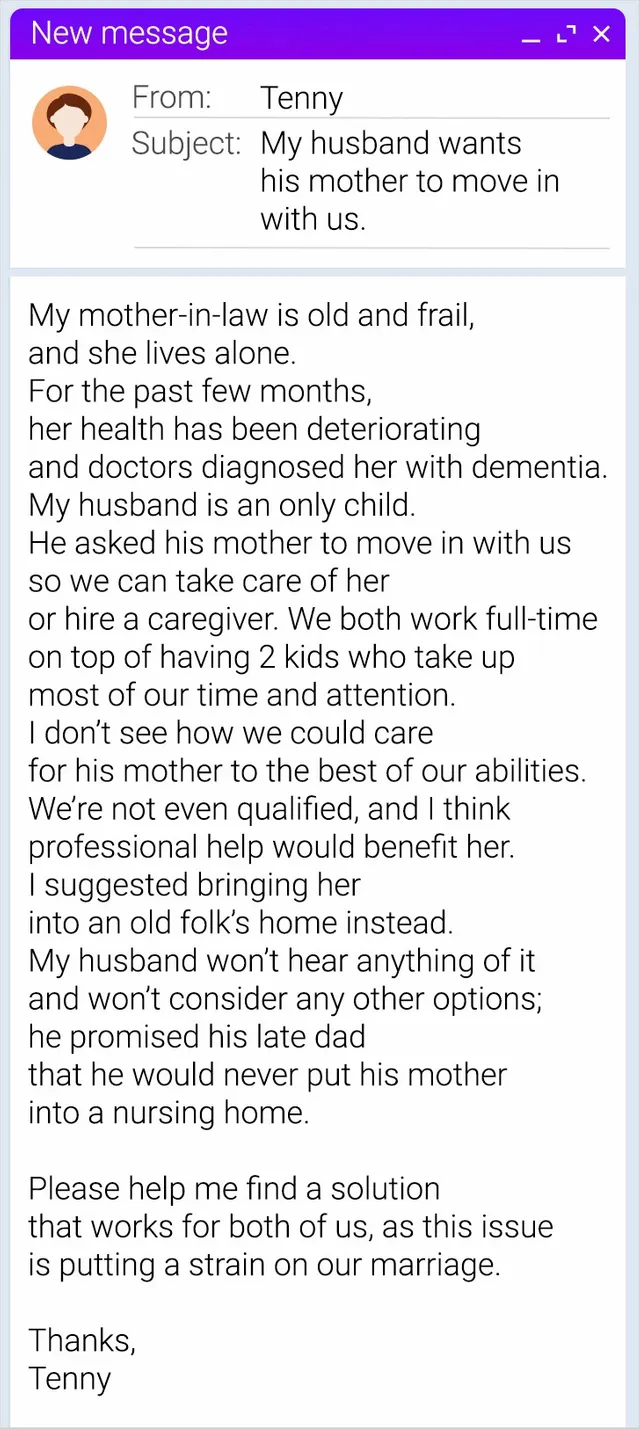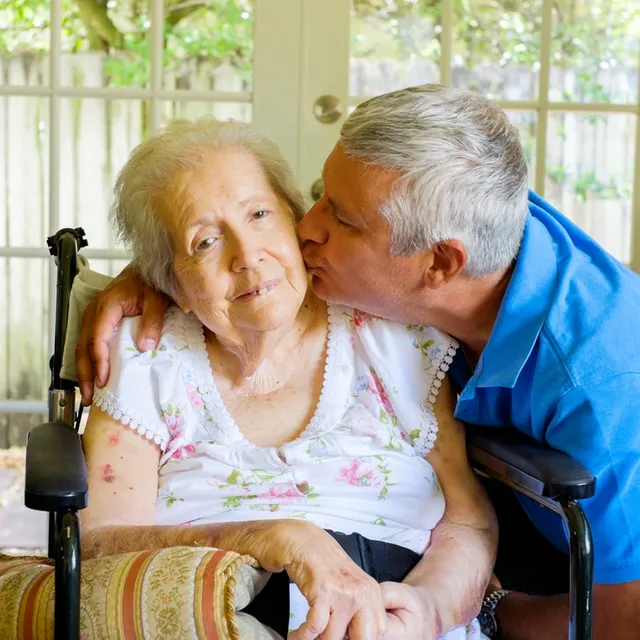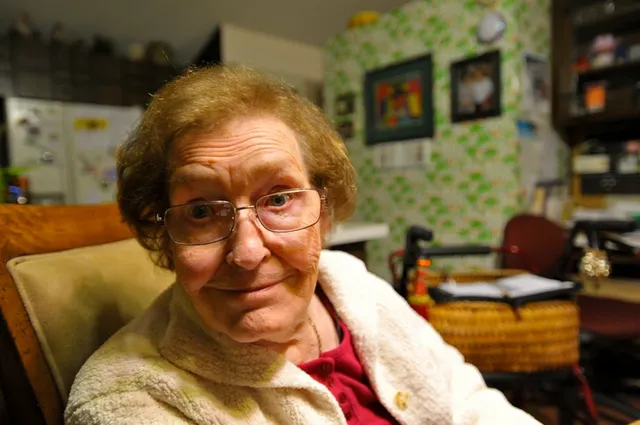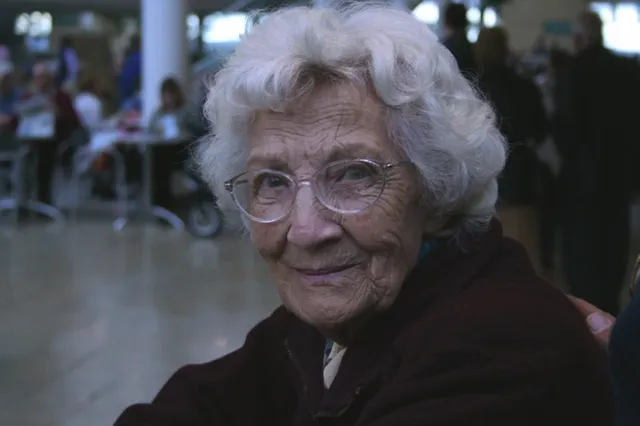My Husband Wants His Mother to Move In With Us
To see your parent who raised you and taught you everything you know about life get old and unable to care for themselves is something inevitable. As the circle of life dances in front of us, and we exchange roles — if once we were the baby that needed round-the-clock care, now it’s our mothers and fathers who are vulnerable and need supervision.
In some cultures, sending our parents to an assisted living facility is still a stigma today. Tenny, a loving wife, and mother of 2, needed some advice on her situation — her mother-in-law is lonely and frail, and her husband wants her to move into their house. We took a look at Tenny’s story, and here are our findings.

Tenny, thank you for your letter. While our advice is not medical advice, we searched the internet high and low for some helpful pointers that we hope will ease you and your husband’s decision and improve all of your lives.

Dementia is a syndrome in which cognitive function deteriorates beyond what would be considered the normal effects of biological aging. 55 million people worldwide suffer from dementia, and there are nearly 10 million new cases every year.
Ask yourself if caring for an older family member is a challenge you and your husband can successfully accomplish — as it can be similar to a full-time job. In 2019, family members and friends spent, on average, 5 hours a day providing care for people living with dementia. Moreover, experts warn that kind-hearted loved ones can burn out without support.
Research shows that a close caregiver relationship may hold more benefits compared to medication for loved ones suffering from dementia.

Give your mother-in-law the choice. Ask her what she wants. Being aware of her needs and desires will help you make a decision that is good for you and your MIL. A person with dementia forced to move will not adjust as well as a person who had a say in the decision.
If you and your husband decide to welcome your MIL into your home, you should know the best time to move someone with dementia is when they are still stable. The more it advances, the illness makes it difficult for people to adjust to new environments.

Evaluate what your husband and you can provide in terms of elderly care:
Get familiar with your MIL’s situation. Speak to your MIL’s GP to get a better sense of the level of care required, while being aware that it will increase in time.
Think ahead. Figure out if this endeavor can fit into both of your schedules without any issues. If you doubt it, it’d be a good idea to bring in outside help.
Make a decision. In the earlier stages, your mother-in-law could be more independent, but as time passes, she might need assistance with everyday activities like walking, bathing, and dressing. Talk to your husband and get to know if he’s up for the challenge for the long haul. Otherwise, consider other options — whether it’s live-in care or an assisted living facility.

When you grow old and need help on a daily basis, would you prefer moving in with your loved ones or going to a nursing home? Do your parents need care, or are they relatively independent? Let us know in the comments.